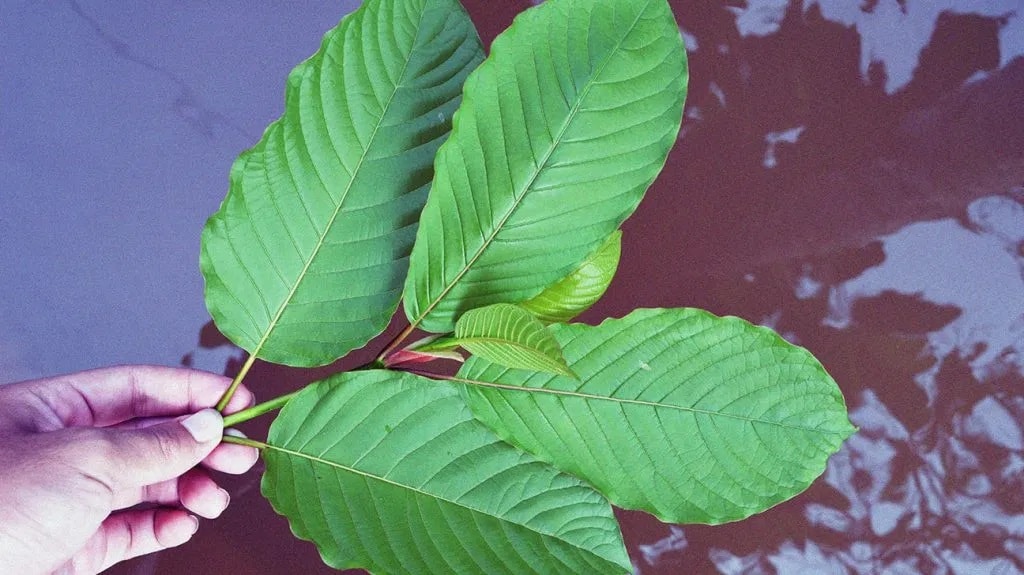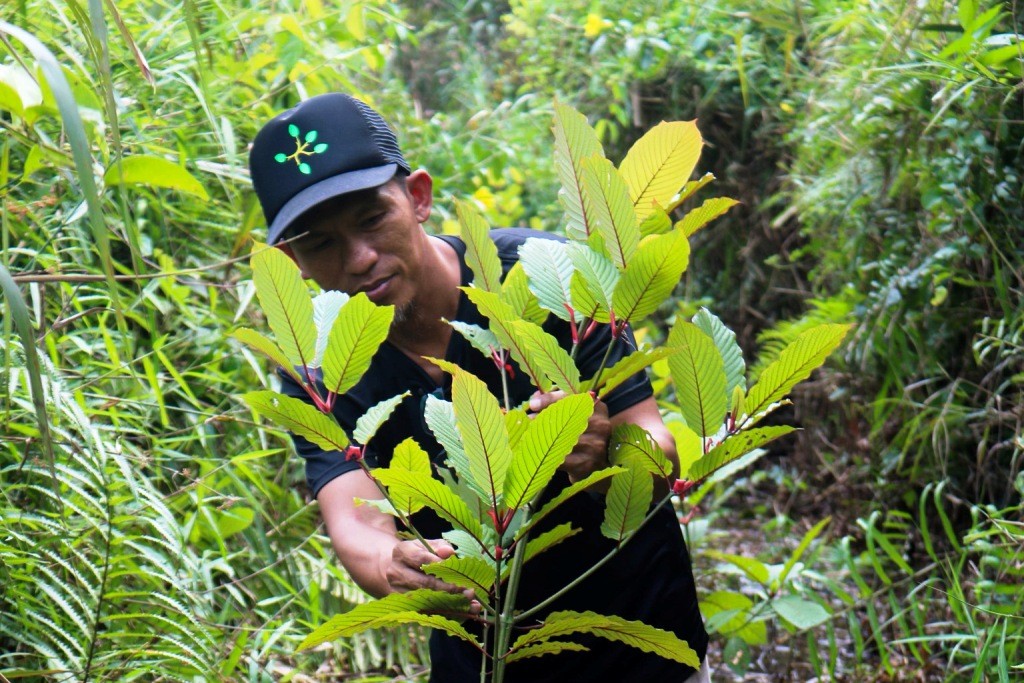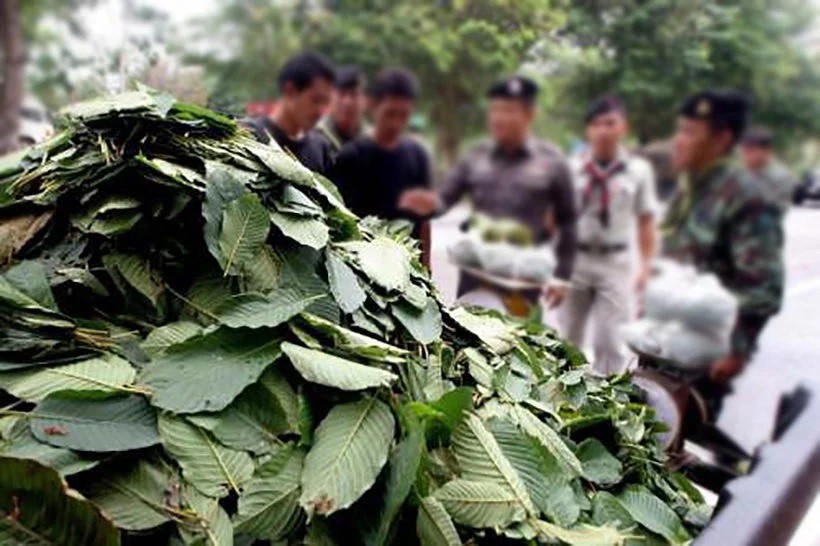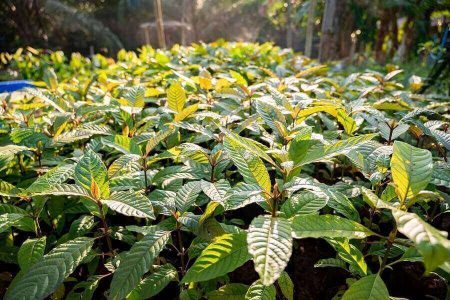Health
Thailand and the Kratom Leaf: Everything You Need To Know

The Kratom leaf, scientifically known as Mitragyna speciosa, is a tropical evergreen tree in the coffee family, noted for its stimulant and opioid-like properties. The tree is native to Southeast Asia and can be found in Thailand, Malaysia, Indonesia, Myanmar, and Papua New Guinea.
In countries where kratom grows indigenously, extracts from the herb have been used from at least the 19th century to manage several ailments, including headache and erectile dysfunction. More recently, the plant has garnered recognition, particularly for its energizing and opioid-like properties. It’s also a potent mood stabilizer.
Now, Thailand has widely been used as a reference point when charting kratom’s origin, global popularity, and journey towards legalization.
Not only does Thailand boast vast fields of indigenous kratom trees. The country has also experienced a checkered history in its quests to legalize and mainstream kratom. This post takes you through historical milestones in the journey towards kratom’s legalization in Thailand.
Which Kratom Leaf Strains Are Native To Thailand?
One great thing to love about the kratom leaf, besides its numerous therapeutic benefits, is several strains to choose from. Kratom strains fall into three broad categories. They include White Vein Kratom, Red Vein Kratom, and Green Vein Kratom.
White vein kratom is known for its incredible stimulant effects. The strain can boost your physical energy while also enhancing your mental concentration.
Red vein kratom produces calming and soothing effects. It’s the right strain to consume if you’re battling stress, anxiety, or sleep disorders like insomnia.
Lastly, green vein kratom offers the best of both worlds. You should consider green vein kratom if you’re looking to synergize the benefits of the white vein and red vein strains. It’s worth noting that all these strains are pretty distributed in Thailand. Also, besides the three, kratom produces numerous other strains. Examples include Thai Kratom, Maeng Da Kratom, Indo White Kratom, to mention but a few. Out of these, the Thai Kratom and Maeng Da Kratom are probably the most common you’ll encounter across Thailand fields.
Thai Kratom is native to Thailand. The strain produces a mix of feelings you’d experience in red, white, and green veins.
Maeng Da Kratom also boasts potent therapeutic benefits. This strain is noted for its long-lasting effects and higher safety profile compared to most kratom strains. It’s one of the highest quality kratom strains you’ll find in Thailand and various countries that have legalized the herb. And although it’s native to Thailand, Maeng Da is also fairly widespread in Malaysia and Indonesia.
But perhaps the most important thing is to invest in kratom products by reputable brands. Over the years, Mitragaia Kratom has consistently offered premium-quality kratom supplements at industry-competitive prices.
Kratom in Thailand: The Journey Towards Legalization
Initial Adoption Challenges
Officially documented records of global kratom use suggest that the plant gained mainstream recognition from around the mid-19th century. However, communities around Southern Thailand have been using kratom extracts in traditional medicine from time immemorial.
But despite the Thailand government being fully aware of kratom’s long integration into alternative medicine, the country criminalized the herb in 1943. The government was responding to a sudden surge in kratom’s popularity as an alternative to opium. Note that around this period, the Thai government was trying to gain control of opium, a move that saw the drug become scarce; hence, expensive.
The criminalization of kratom was formalized by the Kratom Act 2486, which illegalized the planting of kratom trees. What ensued were protracted tensions between regulators and kratom proponents.
As no party was willing to cede ground, medical researchers and lobby groups embarked on a series of sensitization campaigns in a bid to raise awareness of the health benefits as well as side effects of kratom.
Kratom for cultivation
In one survey conducted in a few areas in Southern Thailand, it emerged that most participants argued in favour of the decriminalization of kratom for cultivation and consumption. The survey also revealed that people who used kratom before were positive about the herb, with a negligible percentage reporting worrying side effects. The most common reasons cited by kratom proponents have enhanced workplace productivity and overall physical and mental health improvement.
Another interesting finding from this survey is that most respondents preferred consuming fresh kratom leaves instead of decoctions, which were considered more harmful. This revelation suggested that kratom consumers were not just ignorant folks looking for the cheapest drug available. On the contrary, they were well-informed users who were upbeat about kratom’s therapeutic effects while also mindful of the plant’s potential adverse effects.
This, and many similar studies, successfully pitched kratom as a potential therapeutic drug with minimal side effects. It was only a matter of time before the Thailand government relaxed its punitive measures on kratom use.
Eventual Legalization
For several years, the Thai government toyed with the idea of decriminalizing kratom for both medical and recreational purposes. In 2004, 2009, 2013, and 2020, the government stopped short of legalizing the herb for recreational purposes.
In 2018, after decades of successful lobbying, kratom eventually became legal in Thailand for medical purposes. And in 2021, the Thai government fully legalized kratom and removed the herb from the list of Category V narcotics. Following this historic milestone, up to 12,000 inmates who had been convicted when kratom was still an illegal drug received amnesty.
The new kratom’s use for medical purposes applies to production, importation, exportation, possession, and use. However, kratom producers, traders, and even researchers will still require licenses to handle the plant. Similarly, patients looking for kratom-based supplements will need a valid prescription from licensed medical practitioners.
It’s also worth noting that the law still prohibits bulk possession of kratom. Users are encouraged to handle minimum amounts of kratom at one time to avoid getting prosecuted for illegal possession.
Summary on the Kratom Leaf
The recent decriminalization of kratom in Thailand is a landmark milestone that will trigger a surge of kratom-based supplements. And perhaps it’s only a matter of time before the herb finds its way into the mainstream global pharmaceutical industry.


































